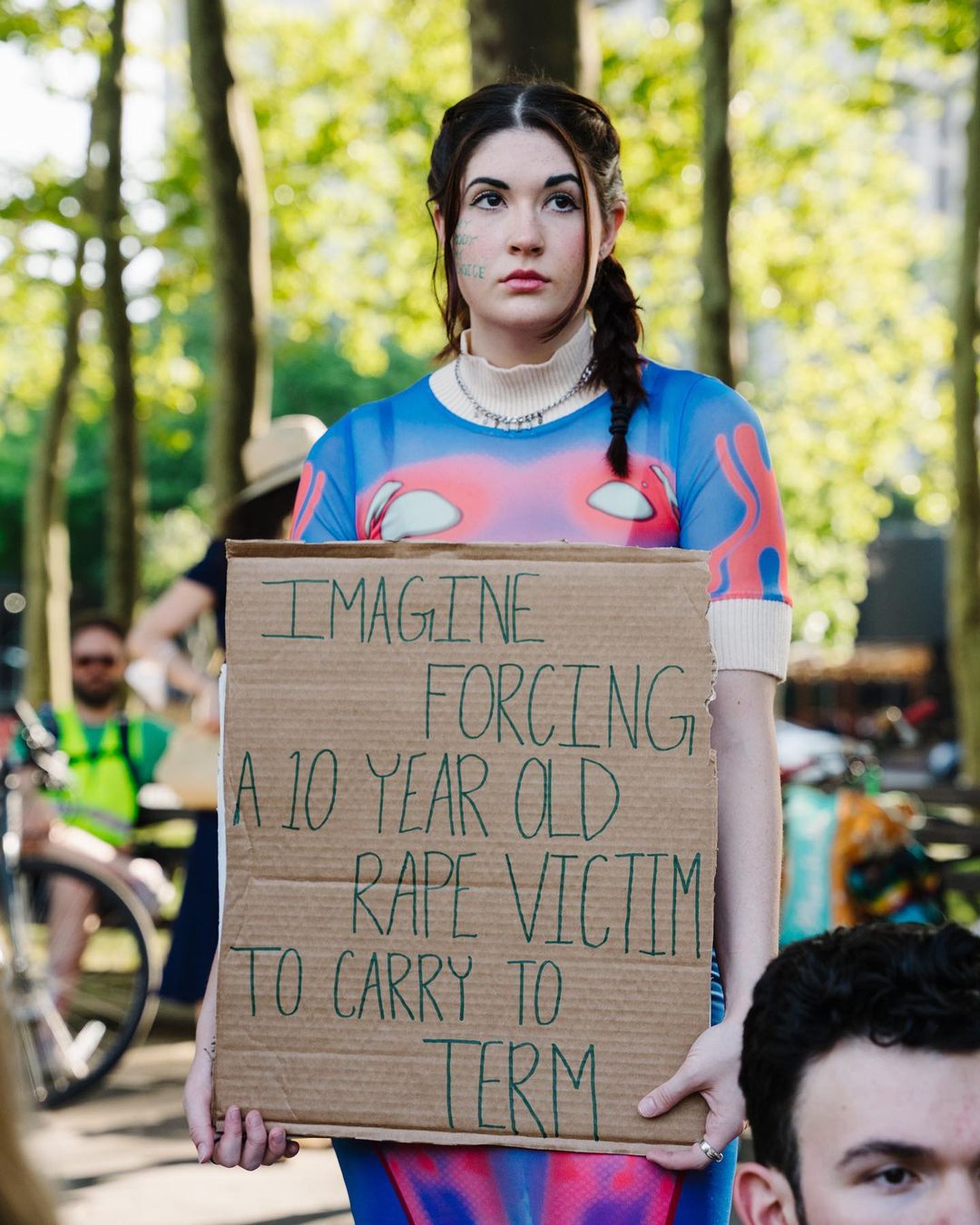
We knew that Roe v. Wade was fragile. When Tara clerked on the Supreme Court nearly 18 years ago, it was clear that, for the most conservative Justices and law clerks, Roe was their tipping point. The ire with which it was viewed was palpable, down to apocryphal stories of law clerks who would go each morning up to the Supreme Court law library, just to throw volume 410 of the Supreme Court Reporter — the volume containing the Roe decision — on the floor. That was the level of detestation and dedication to overturning Roe.
As a lawyer (Tara) and a political advisor (Hannah), we have spent the last week talking to clients and friends about the Dobbs decision — which overturned Roe v. Wade on June 24 — and the only question on anyone’s mind is: “What now?”
Before we dive in on reproductive rights and bodily autonomy for all, let’s be clear about two critical things.
First, this is not the last fundamental right that this Court is likely to take away. The Supreme Court’s reasoning applied to Dobbs, which directly challenges the concept of personal liberty founded in the 14th Amendment, could also be applied by this Court to same-sex marriage, interracial marriage, contraception and other deeply personal decisions about how we live our private lives. We should be prepared for the very real possibility that the right to choose whom we can marry could similarly be revoked, and that access to contraception could be as restricted as abortion.
Second, this court is wildly out of step with the American people. A majority of the public believe that decisions about pregnancy are deeply personal and should not be made by politicians seeking power and control over women’s bodies. These are the same politicians gerrymandering to pick their own voters and questioning the legitimate outcome of our elections. The Supreme Court has already gutted the Voting Rights Act and — maybe most troubling of all — just announced that it will hear Moore v. Harper, a North Carolina case that could allow state legislatures to exert unprecedented control over federal election rules and congressional redistricting, even if their actions were to violate the state constitution, the will of the people, or the principle of “free and fair elections.” Our Democracy is unravelling before our eyes and the loss of our independent judiciary should scare us all.
We don’t say this to evoke more fear — or worse, apathy — but to remind our community of artists, activists, global companies and far-reaching enterprises that the fight for reproductive rights, just like the fight for our Democracy, is a long but essential one. Stay in it with us until we’ve restored the fundamental human right to bodily autonomy for every person in this country — a reality we must believe is possible.
Hollywood has taken incredible action over the last week — supporting abortion funds and reproductive rights, and justice groups across the nation, pledging travel funds for those seeking abortions from other states, and funding pro-choice candidates for political office. Groups like the Center for Reproductive Rights, Plan C and the National Network of Abortion Funds have received necessary and overdue support and attention. In the face of a national public health crisis, we will need these groups, and many more, to thrive as our society finally shines a light on the broken systems that got us here and aligns to create a modern-day network of abortion access.
The candidates for Democratic governor in swing states and states with existing abortion laws on the books that are most up for debate — especially Michigan, Wisconsin, Pennsylvania, Arizona, Kansas and Georgia — have been lifted up as the powerful defenders and keepers of reproductive rights that we will need them to be if they can get elected this November. But one week of action and outrage is not going to create long-term change in the face of unprecedented legal, political and medical chaos that has erupted since Roe was overturned.
It took nearly 50 years for the anti-choice movement to take away our reproductive rights, and it could take 50 years to get them back. To do that, we need a total paradigm shift.




